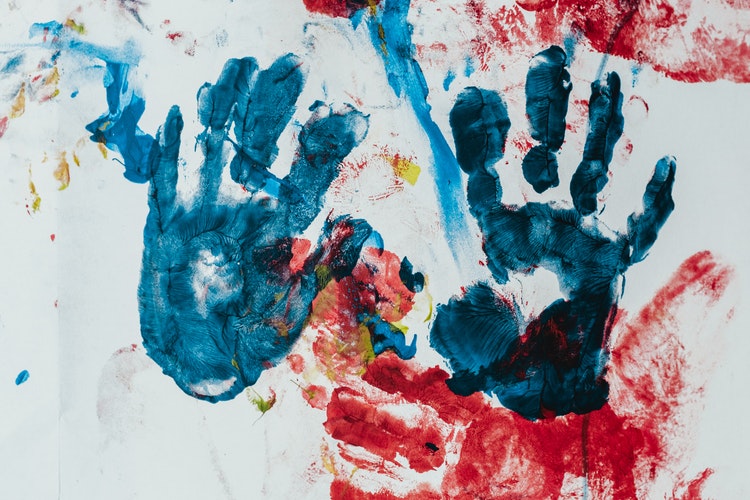
The thought of your baby starting Preschool might feel a little daunting, but we promise it’s going to be ok! Preschool is a time when your child will have lots of fun with children their own age and develop a love of learning.
We’ve put together some top tips to make the transition as easy as possible for kids, parents, siblings and the rest of the family!
Immunisations
Make sure your child’s immunisation schedule is up to date. Preschools cannot enrol a child unless they either:
- are fully vaccinated for their age
- have a medical reason not to be vaccinated
- are on a recognised vaccination catch-up schedule.
Visit the Preschool
You’ll likely be offered a tour and also an orientation session the Preschool. This will help your child become more familiar with the setting and allow them to ask you questions and of course for you to ask questions of the Preschool. For extra reassurance, why not see if you can have an additional play session – don’t worry, this is not an unusual request!
Be well informed
Parents and carers need to be prepared for Preschool as well. Talk to the Director and other school staff to find out about the routines, the experiences your child will encounter, sleep times, toileting requirements etc. Use this information to talk with your child about how they can expect their day to go, as well as to answer their questions honestly and in as much detail as they can understand can curb potential anxieties.
Have a list of what is needed for Preschool
At orientation and in your Preschool information pack you will be advised as to what your child will need for Preschool so you can ensure you have all the items necessary and ready to go. A lunch pack, drink bottle, hat and extra clothes will likely be the minimum requirements.
Encourage independence
Children who are able to care for themselves and their belongings will feel more confident at Preschool. You can start this at home by encouraging your child to go to the toilet by themselves, getting dressed, putting shoes on and packing toys away. You can even get them to help packing their bag such as putting their lunch box and so on.
Food at Preschool
Eating at preschool is an important part of the daily program, and will promote healthy eating habits. Talk to your preschool teacher to get an idea of what to pack for your child each day and try to pack food that you know your child likes and will eat. It’s also a really good idea to teach your child to unwrap their food and eat it on their own.
Label everything!
Invest in some labels with your child’s name and label everything! Label their clothes, water bottles, bags, lunch boxes, shoes, you name it. This will help reduce how much is potentially lost and allows your child to check what is theirs. However, make sure your child’s name is not visible on the outside of anything they’ll be wearing to and from preschool.
Pack a change of clothes
Accidents happen. There may be a toilet mishap or simply a split water bottle, but having a change of clothes is a great idea (label these too!). If you forget, the centre will likely have any spare clothes that your child can use. Try to pack a variety of layers to account for all types of weather.
Share information with the school teacher
Children learn best when parents/carers and teachers share together in a partnership. Your child’s school teacher has many students to get to know. Because you know your child best, you can help the teacher understand your child by sharing information, concerns and insights. Regular communication between parents/carers and teachers bridges the gap between home and preschool and provides opportunities to exchange information which support children’s learning.
Keep teachers informed of changes
Changes to your child’s family situation can impact on their emotional and academic well-being. If you keep your child’s teacher informed of any changed circumstances the child can be supported if necessary. Examples of changes include the birth of a sibling; moving house; divorce or separation or the death or hospitalisation of a loved one. It is also important to notify the Preschool of changes to contact details, such as address and emergency telephone numbers.
Participate in the Preschool
Parents/carers are often welcomed to participate in the Preschool by attending special activities and by volunteering to help in the classroom or the garden etc. This may assist to reassure your child that you are interested in them and their Preschool and gives you a way to see the Preschool in action.
Be positive and reassuring
Of course, we are anxious as our babies head to Preschool but it is a new and exciting journey for them. Preschool helps to develop and broaden the way children experience education, encouraging them to become confident, eager and enthusiastic learners who are looking forward to starting big school. Show your excitement and hopefully it will be infectious!
This article was written with the help from the NSW Government Website.










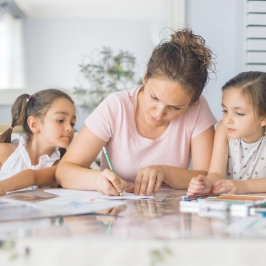
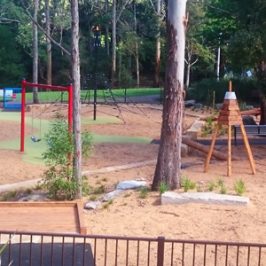
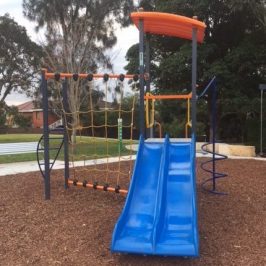
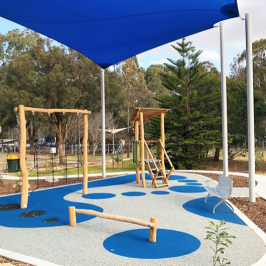
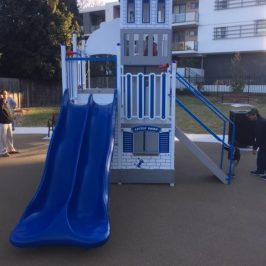
Leave a Reply